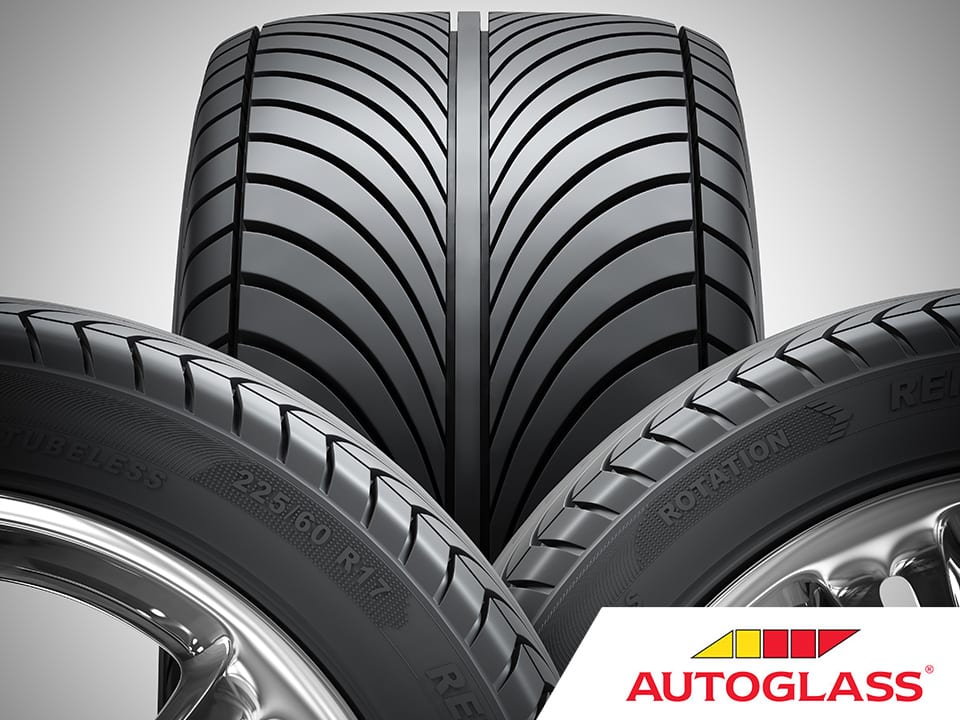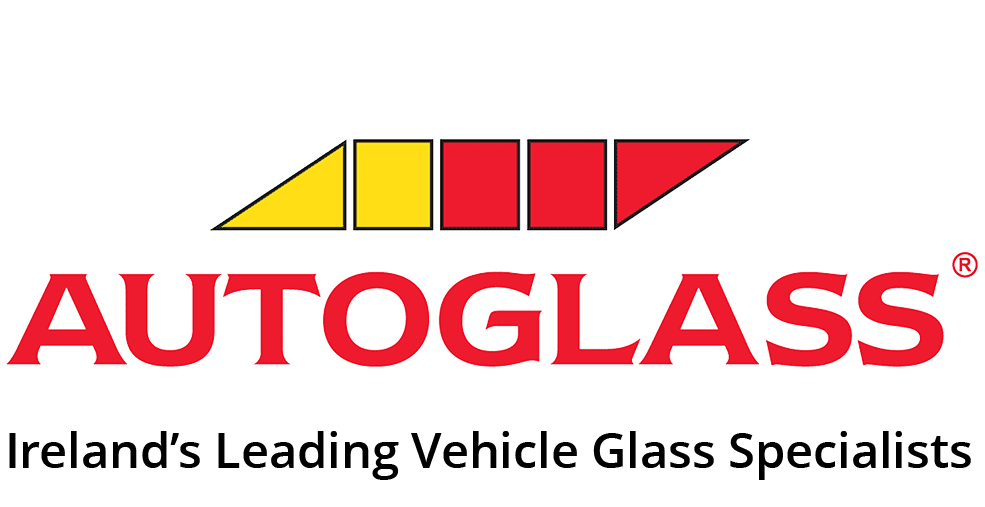
Ask an Expert: How to Maintain your Tyres
Tyres are your car’s first and only point of contact with the road surface, so the importance of regular upkeep and maintenance cannot be over stressed. Knowing when to replace your tyres is imperative, but understanding the impact of incorrect wheel alignment and inflation and the benefit of tyre rotation will go a long way towards extending the life of your tyres. We discussed these topics and more with leading tyre experts, Tyreland.
Q: When can a tyre be repaired, rather than replaced?
“The repairable section is the 75% of the top part (the tread pattern part that touches the road). Meaning, that the edges and the sidewalls cannot be repaired. Additionally, the tyre cannot be driven on flat, as the rim will cut the tyre from the inside, due to the heavy weight of the car. Also, tyre tread must be above the 1.6mm (legal limit) and free of deterioration, cuts and other damage.”
Q: When should a car owner consider replacing their tyres?
“I would recommend calling to a tyre depot for advice here, as there is no straightforward answer. Tyreland offers free tyre checks without prior appointment. The legal limit for tyre tread in Ireland is 1.6mm. Every tyre has small rubber indicators inside the tread grooves, to indicate the 1.60mm limit. Once your tread is worn level with the symbol, it is time to replace them. A trained tyre technician will be able to check your tyre for ageing signs, sidewall damage or any other common fault.”
Q: What is wheel alignment and why is it so important?
“Wheel alignment (also called tracking) is a suspension adjustment, which sets the angle of wheels to the manufacturers recommended specifications.
The main benefits of the wheel alignment are: Extended tyre life, improved fuel economy, better and safer handling of the car.
It is a wear and tear item, so checking it twice a year is recommended. Usually, the check is free, and the charge applies only if the wheel alignment is off.”
Q: What is tyre rotation and when should a car owner consider having it carried out?
“Tyre rotation is moving the tyres from the front to the rear, or the other way around. With the front axle drive cars, tyres on the front are wearing faster than the rear ones. It is recommended to move them to the rear once the tyres are halfway worn or 12 months after getting them fitted – whichever comes first. This will extend the tyre life.
The same procedure is recommended for rear wheel drive cars. The only difference here is that the rear tyres are wearing faster than the front.
Tyre rotation can only be done on cars that come with four tyres that are the same size. Some modern cars are equipped with bigger alloys and tyres on the rear of the car for better handling. For example, the five series BMW, when fitted with M Sport rims, comes with 245 45 r18 tyres on the front and 275 40 r18 tyres on the rear of the car. In those cases, tyre rotation is not possible.”
Q: What are the main causes of tyre wear and tear?
“In addition to above-mentioned wheel alignment and pressure monitoring, it is the ageing related deterioration and impact damage. As the tyres get older, direct sunlight and rainwater will lead to sidewall perishing of the tyre material.
Impact damage (hitting a kerb etc.) can cause a tyre to collapse or throw a bulge out. A sidewall is the weakest part of a tyre, so drivers need to observe it for any wear and tear signs on a sidewall. Damaged sidewall will lead to a blowout eventually.”
Q: What are your tips for extending the life of your tyres?
“The two most essential tips can make a significant difference to the tyre durability:
The first, is to make sure the wheel alignment is done when new tyres are fitted and re-checked 6-12 months later. Correctly aligned wheels will ensure smooth and even wear across the tyre tread and protect it from “cancerous” shoulder wear.
The second, is to make sure the tyre pressure is set to the manufacturers recommended level. Correctly inflated tyres not only last longer, but also offer less rolling resistance, equalling better fuel economy from your car.”
Q: When should a car owner consider changing their brake pads or discs?
“Modern cars are well equipped with dashboard notification systems, informing you of the brake wear or fault. Additionally, suspicious signs or reduced braking power, are good signs that the time has come.
Best practice is to get your brakes checked during your annual car service; therefore you will be given an accurate report on the state of the brake pads and discs.”
Q: How should a driver react if they experience a blowout while driving?
“If a sudden tyre collapse occurs, the first thing is to stay calm, if possible. A tyre blowout will impact the way the car handles and might lead to a loss of stability. Best practice is to try to regain control of the car and slowly pull over to a safe spot.
It is recommended to avoid slamming the brakes or swerving the car off the road. After all, it is only 25% of rubber contact that is lost, so keep two hands on the wheel and gradually reduce the speed.”
Q: Coming into Summer do you have any tips for maintaining your tyres?
“Summer maintenance is not different from the rest of the year. It is essential that the tyres are not overinflated or underinflated.
Over-inflation accelerates the wear in the middle of the tyre. Under-inflation – on the edges.
For best performance and durability, it is recommended to use summer tyres during the summer season. These tyres a designed to perform best during the mild weather conditions.”
Tyreland
We’d like to thank Tyreland for taking the time to offer their tips, advice and expertise. With six branches dotted across Dublin, Tyreland offers a range of tyre fitting and car servicing options, at unrivalled prices. Tyreland has also recently launched a mobile tyre fitting service, allowing them to fit your new tyres at a time and place of your choosing. Click here for more information or to book an appointment with Tyreland today.
Check back again soon with the Autoglass® Blog for more great articles like this one.
Book an appointment now
For a quick and easy way to make an appointment book online now.
